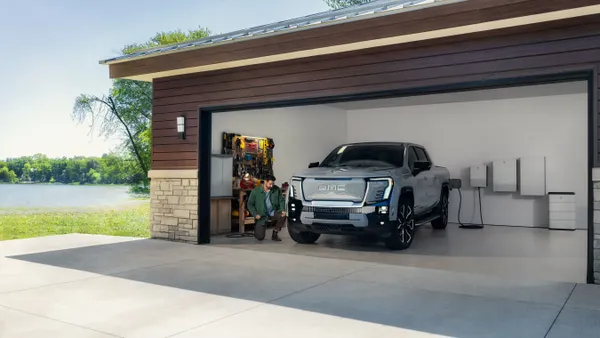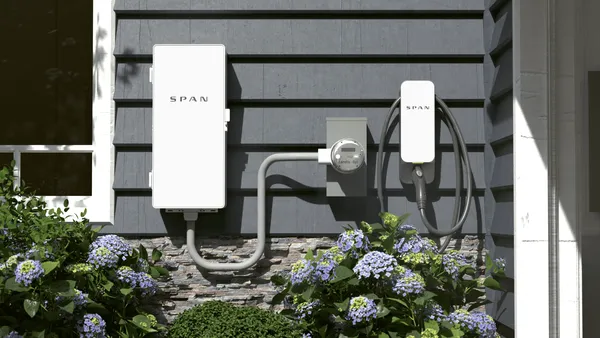The U.S. Department of Energy on Tuesday finalized four appliance energy efficiency rules, continuing a rapid pace of issuances in the last year of the Biden administration’s term.
Rules published this week include new requirements for commercial rooftop heating and cooling units, circulator pumps, dishwashers and miscellaneous refrigeration appliances, such as wine coolers. The combined rules will save almost $1.9 billion each year on home and business utility bills, DOE estimated.
The new rules are a result of “robust collaboration between industry, manufacturers, and consumer groups,” Secretary of Energy Jennifer Granholm said in a statement.
The standards for circulator pumps and commercial unitary air conditioners and heat pumps reflect recommendations from a federal advisory committee that includes manufacturers, utility representatives and consumer advocates. The standards for dishwashers and miscellaneous refrigeration products reflect a joint recommendation from stakeholders including the Association of Home Appliance Manufacturers, Consumer Federation of America and energy efficiency advocates.
Over 30 years, the updated standards will save Americans an estimated $33 billion on their energy and water bills, DOE said.
“Consumer, environmental and efficiency advocates came together with manufacturers of each of these products to recommend the strong standards,” said Andrew deLaski, executive director of the Appliance Standards Awareness Project.
Standards for commercial rooftop heating and cooling units will take effect beginning in 2029, and will result in energy savings of about 10% relative to products currently on the market, DOE said. For circulator pumps, compliance begins in 2028 and is expected to result in about a 33% energy savings.
Dishwasher efficiency rules will go into effect in 2027 and are expected to generate about 3% energy savings over current products. Rules for miscellaneous refrigeration products go into effect in 2029 and will represent savings of about 26%.
The new efficiency standards for dishwashers “are a significant victory for both consumers and the environment,” Courtney Griffin, director of consumer product safety at the Consumer Federation of America, said in a statement. “The standards require simple changes that will positively impact most households.”
DOE has issued multiple final energy efficiency rules in recent months, as the Biden administration looks to complete Congressionally-mandated reviews through DOE’s Appliance and Equipment Standards Program, which is generally required to review efficiency standards for a broad range of products every six years.
On Friday, DOE finalized new energy efficiency standards for the most common types of light bulbs. Earlier this month, DOE finalized new energy efficiency requirements for distribution transformers. In September, it finalized rules for residential gas furnaces.
“The department is catching up on overdue standards, and it needs to keep up that momentum the rest of the year to reach its targets for saving energy,” deLaski said.















